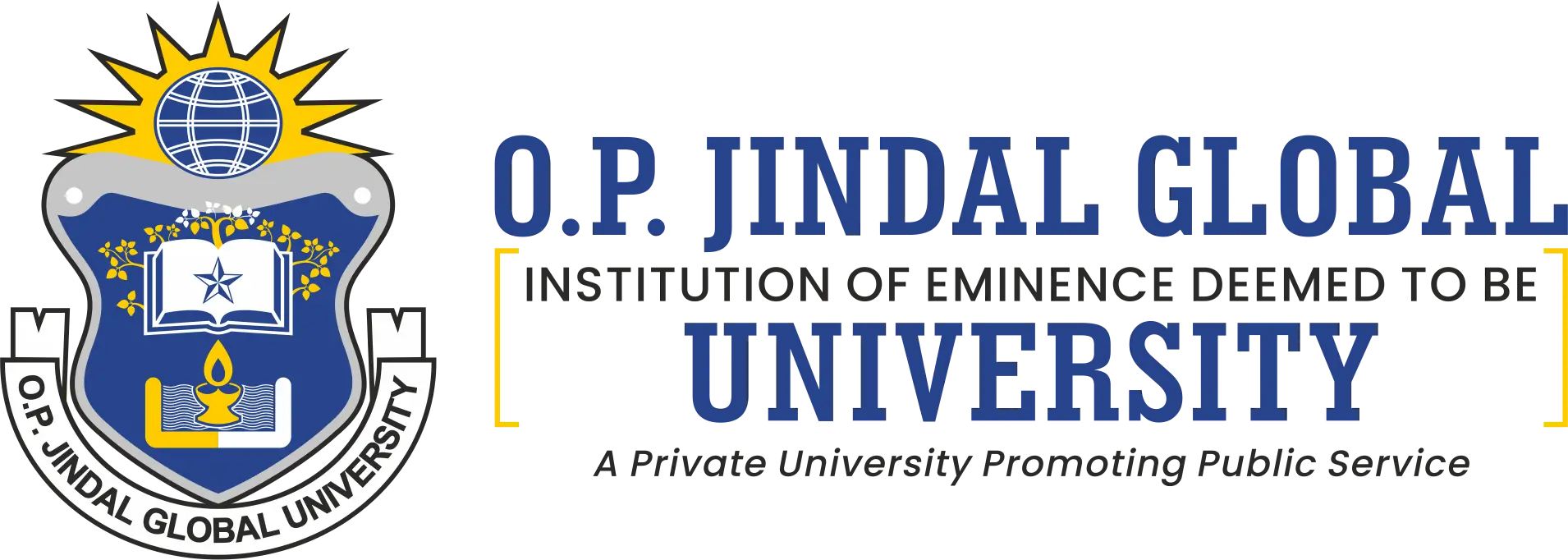I.D.E.A.S. launches Masterclass Series

The Office of Interdisciplinary Studies (I.D.E.A.S.) launched its Masterclass Series on August 6 with the inaugural session titled “Is Liberalization, Privatization, and Globalization (LPG) the Panacea for India’s Most Important Problems?” delivered by Dr. Mihir Shah, Distinguished Professor and Chairperson of the M.A. in Rural Management at the School of Humanities and Social Sciences, Shiv Nadar University.
The Masterclass Series is a critical part of the MSc Development Practice programme. Each seminar is designed to help students connect what they learn in the classroom with real-world experiences in development, policymaking, academia, and social work. Scholars from all over the globe will be involved in offering lessons as part of this series. While they are a core part of the MSc programme, these seminar sessions are also open to other JGU students and interested participants from outside the university.
The Masterclass Series continued throughout the month. On August 16, Dr. Maanik Nath, Assistant Professor in Economic History at Utrecht University, Netherlands, delivered a lecture on “Capital Shortage: Credit and Indian Economic Development, 1920–1960.” This was followed by another session on August 20 by Dr. Partha Mukhopadhyay, Senior Fellow at the Centre for Policy Research, New Delhi, on “What is the role of Theory in Development Practice?”.
Orientation Programme of M.Sc. Development Practice Programme
I.D.E.A.S. welcomed the first cohort of the M.Sc. Development Practice programme in August.
The rigorous, interdisciplinary programme equips students with skills to navigate the complexities of the Global South. It seeks to bridge the gap between theory and practice by offering a curriculum that blends classroom learning with field immersion. The programme provides students with the knowledge and skills needed to critically analyse issues such as inequality, sustainability, governance, and social justice, while preparing them to design and implement innovative solutions.
Artisanal Alchemy
On August 19, I.D.E.A.S. hosted this semester's first workshop under its Artisanal Alchemy initiative. The workshop spotlighted the leatherwork of Kutch, an art form renowned for its durability, intricate patterns, and cultural depth. Two craftsmen from a remote village in Kutch shared their knowledge, skill, and passion with the participants.
Artisanal Alchemy is more than just a skill-building platform; it is an immersive journey through time, where students engage directly with master artisans to discover not only the techniques of craft but also the silent poetry of patience, precision, and the stories embedded in every artifact. It is here that creativity, heritage, and design come together in a living dialogue.
‘Politics, Society and History’ Constellation
The Research Constellation ‘Politics, Society, and History’ held two talks in August. The first, held on August 29, featured Dr. Dhananjay Rai, who teaches at the Department of Gandhian Thought and Peace Studies, Central University of Gujarat. Dr. Rai, a former Visiting Fellow (2022-24) at the Centre for the Study of Developing Societies (CSDS), Delhi, spoke on “Hind Swaraj: An Outline of Gandhi’s Heterodoxy.” The session was moderated by Dr. Kaushalya Bajpayee, Associate Professor at Jindal Global Law School.
A talk by Dr. Swapnil Dhanraj, Associate Professor, Jindal Global Law School, was organised on August 21 on the theme “Muslims in Postcolonial Bollywood”, which focused on the representation of Muslims in postcolonial Bollywood cinema.
Reading Circle Initiative
The Reading Circle Initiative featuring the text "Threads of Change: Interplay of Technological Transformation and Social Boundaries in Mumbai's Textile Mills (1870-2006)", by Prof. (Dr.) Sumeet Ramdas Mhaskar of Jindal School of Government and Public Policy, was curated on August 21 by Ms. Prachy Hooda, Lecturer, IDEAS.
The Reading Circle is a platform that invites students to read, reflect, and engage in thoughtful discussions around a wide range of texts. The initiative encourages participants to move beyond disciplinary boundaries and develop deeper insights into complex themes.




